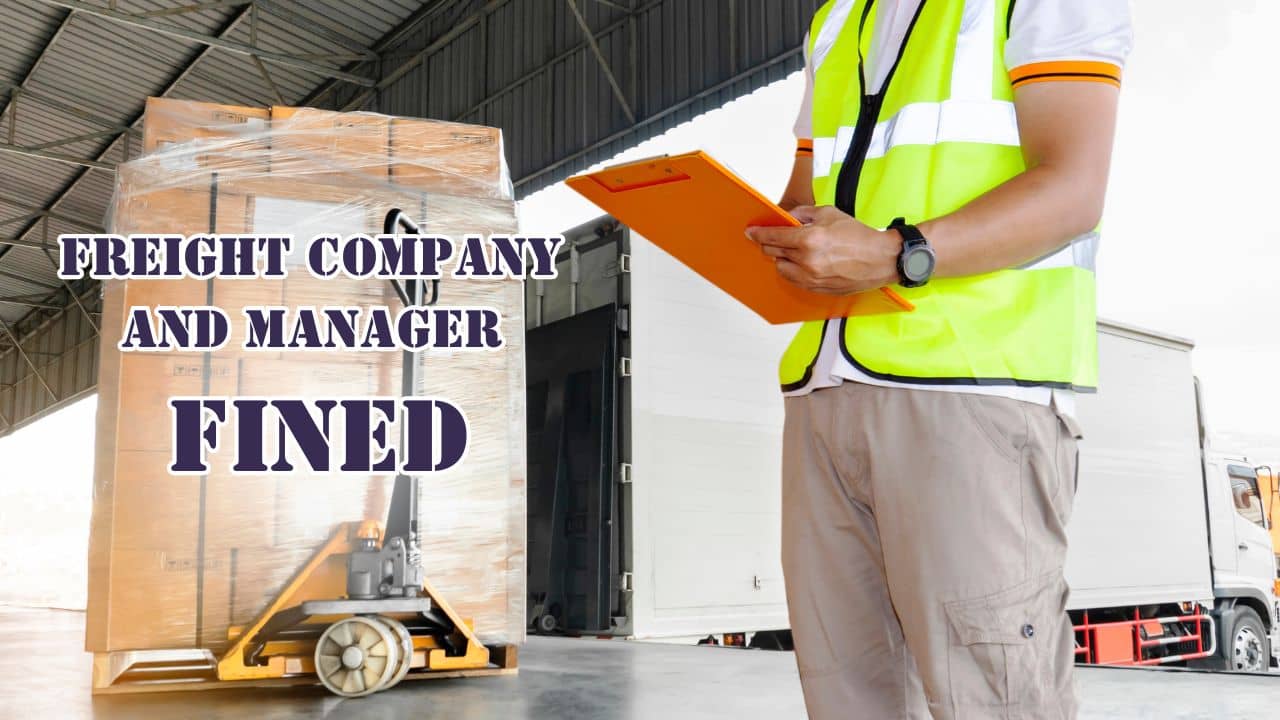
Did You Know? Where Cargo is Unpacked Matters for Biosecurity
3-minute read
An international freight company based in Auckland and its logistics manager have been collectively fined over $28,000 for breaching biosecurity regulations.
The charges stem from their failure to conduct mandatory biosecurity checks and their transportation of 15 sea containers to unauthorized locations for unpacking.
Under the Biosecurity Act, all sea containers arriving in New Zealand must be sent from the port of first arrival to a Ministry for Primary Industries (MPI) Approved Transitional Facility (ATF) for inspection and unpacking.
The company and its manager faced sentencing at the Manukau District Court. Each faced eight charges under the Biosecurity Act following a prosecution by MPI. The company was fined $16,250, while the manager received a fine of $12,000.
Gary Orr, MPI’s director of investigations, emphasized the importance of these regulations in safeguarding New Zealand’s borders from potential biosecurity threats.
He noted that when sea containers are diverted to unpacking sites that are not approved by MPI, they pose significant risks of introducing pests or organisms harmful to the environment and local livelihoods.
“When imported sea containers are sent to and unpacked at unapproved locations, they leave the country vulnerable to pests or unwanted organisms that could have a devastating effect on the environment and people’s livelihoods.
“The rules are there for a reason – to protect our borders from the threat of unwanted biosecurity threats,” says Garry Orr.
During the investigation, compliance officers discovered that between December 2021 and April 2022, the company was responsible for conducting biosecurity checks at their MPI Approved Transitional Facility for 15 sea containers.
However, none of these containers underwent the required checks in full. Subsequently, 13 out of the 15 containers were sent to what was described as a grass paddock on a farm—far from meeting the standards of an MPI-approved transitional facility.
This action, as noted by Gary Orr, potentially exposed New Zealand to exotic pests that could have been present on or within the containers.
Despite confirming that no such pests were found in the containers in question, Orr stressed that the defendants had taken an unacceptable risk with the country’s biosecurity.
In conclusion, the fines imposed reflect the seriousness of failing to adhere to biosecurity protocols designed to protect New Zealand’s delicate ecosystem and agricultural industries from the threat of invasive species.
Transitional and Containment Facilities for Border Clearance
Goods, sea containers and air containers arriving in New Zealand must first go to a facility approved by MPI. Transitional, containment and quarantine facilities have different roles and must meet certain requirements to operate.
If you are importing goods – especially plants, animals, and related products – they need to first go through a transitional or containment facility and may need to be quarantined.
Transitional facilities
Transitional facilities are approved by MPI to receive containers and goods that may pose a biosecurity risk. Goods or containers may need to be inspected or treated at the facility before they can be ‘cleared’ for entry into New Zealand.
Every transitional facility has to have an MPI-approved transitional facility operator and, if receiving containers, an accredited person available (who may also be the operator) who has been approved by MPI.
Transitional facilities can hold, inspect, treat, identify, or destroy and dispose of uncleared risk goods.
Types of goods that need to go to transitional facilities include:
- agricultural chemicals and veterinary medicines
- animals and animal products
- biologicals
- food products
- plants and plant products
- other organisms
- used machinery or vehicles
- wood and wood products.
An import health standard (IHS) will tell you what you need to do to import your specific commodity. Find out more about IHS on the MPI website here
Post-entry quarantine facilities
Post-entry quarantine (PEQ) facilities are places that hold plants that could have pests or unwanted organisms. Plants are held in PEQ until they are assessed, and a biosecurity clearance is granted if they meet the criteria.
Containment facilities
Containment facilities are places approved for holding organisms that should not become established in New Zealand. For example, zoos are containment facilities.
Some laboratories are also containment facilities because they import microorganisms for testing, which are never allowed general release into New Zealand.
More information about ATFs can be found on the MPI website here
Source: This work is based on/includes MPI data, which is licensed by the Ministry for Primary Industries (MPI) for re-use under the Creative Commons Attribution 4.0 International licence
P.S. Easy Freight Ltd helps New Zealand importers & exporters to save money on international freight and reduce mistakes by guiding how to comply with Customs and biosecurity rules.
➔ Contact us now to learn how we can assist you.
